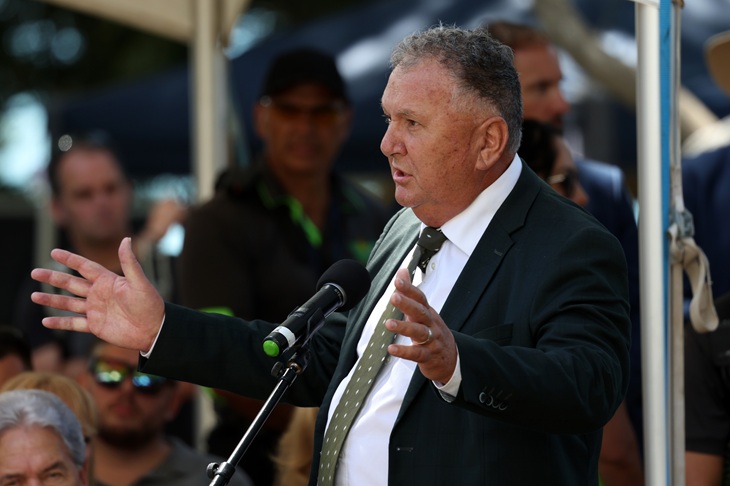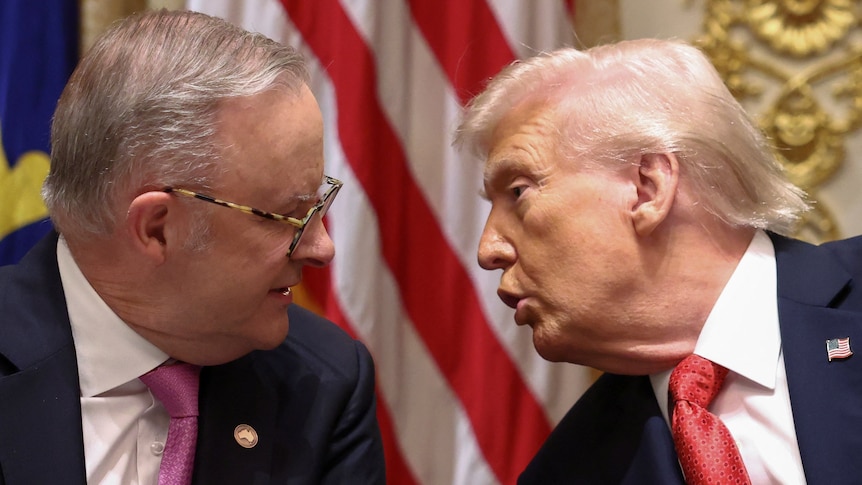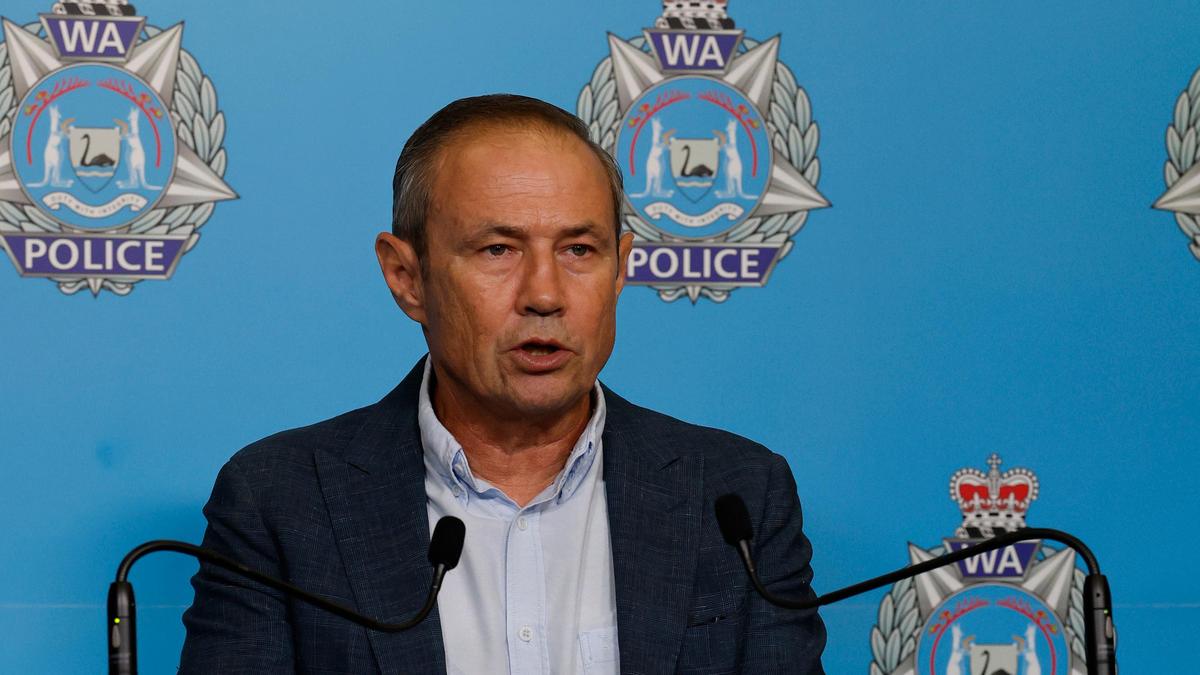
WAITANGI, NEW ZEALAND - FEBRUARY 05: Shane Jones speaks during the parliamentary powhiri on February 05, 2025 in Waitangi, New Zealand. Waitangi Day, celebrated on February 6, 2025, marks the 185th anniversary of the signing of Te Tiriti o Waitangi, New Zealand's founding document, and continues to be a pivotal moment for national reflection and celebration. This year's events, including the Waitangi Day Festival at the Treaty Grounds, highlight the ongoing importance of the Treaty in shaping New Zealand's identity and political discourse. As the country navigates its evolving political landscape, Waitangi Day remains a significant occasion for discussions on Māori rights, cultural heritage, and the nation's future, often featuring both celebrations and protests that underscore the complex history and ongoing debate about the modern relevance of the Treaty. (Photo by Fiona Goodall/Getty Images)
UPDATE: In an explosive interview earlier today, New Zealand’s Associate Energy Minister, Shane Jones, boldly declared a dramatic shift in the country’s energy policy, revealing that the government is actively dismantling its commitments to Net Zero emissions. This urgent announcement comes as the nation prepares for elections between September and October 2024.
During a segment on Rowan Dean’s show, Outsiders, Jones stated, “Oh, brick-by-brick we’re dismantling it, mate.” He confirmed that the government has reinstated licenses for the coal industry and allocated $200 million to rejuvenate the gas sector, directly challenging former Prime Minister Jacinda Ardern’s policies that had previously curtailed these industries.
This controversial stance comes amid growing criticism that the conservative coalition is failing to deliver on its ambitious election promises. Jones emphasized that the public is increasingly recognizing the financial burden of high energy costs, saying, “The dead weight cost of these climate policies is a burden that our economy cannot bear.” He warned that New Zealand risks deindustrialization without affordable energy, urging a reassessment of climate policies that he deems unsustainable.
In a stark contrast to the government’s earlier commitments, Jones criticized the failed strategies from Ardern’s administration, stating, “The reality is the power prices have not come down as a consequence of wind and solar.” He highlighted that last winter, New Zealand experienced the highest electricity prices in the entire OECD, attributing this crisis to a “hatred of fossil fuels.”
Jones did not shy away from making comparisons to Australia, cautioning, “If you do not have affordable energy in your economy, then your economy is going to deindustrialise.” His remarks resonate with growing concerns over energy affordability and the impact of climate policies on both nations.
As the political landscape shifts, Jones insists that the upcoming elections will be pivotal for New Zealand, stating that his party will seek to “reset” the current energy narrative. He also voiced a commitment to protecting critical industries like agriculture from stringent emissions policies, which he described as misguided and detrimental to food production.
As this story develops, New Zealanders are left to ponder the implications of these shifting policies on their economy and energy future. The urgency of the situation cannot be overstated, as the government prepares to face a public increasingly frustrated by rising costs and energy insecurity.
With these significant policy reversals, all eyes will be on the upcoming elections, where Jones and his party will look to solidify their vision for a more pragmatic approach to energy and climate policy. Expect further updates as the situation unfolds, and stay tuned for reactions from both political and environmental sectors in the days to come.







